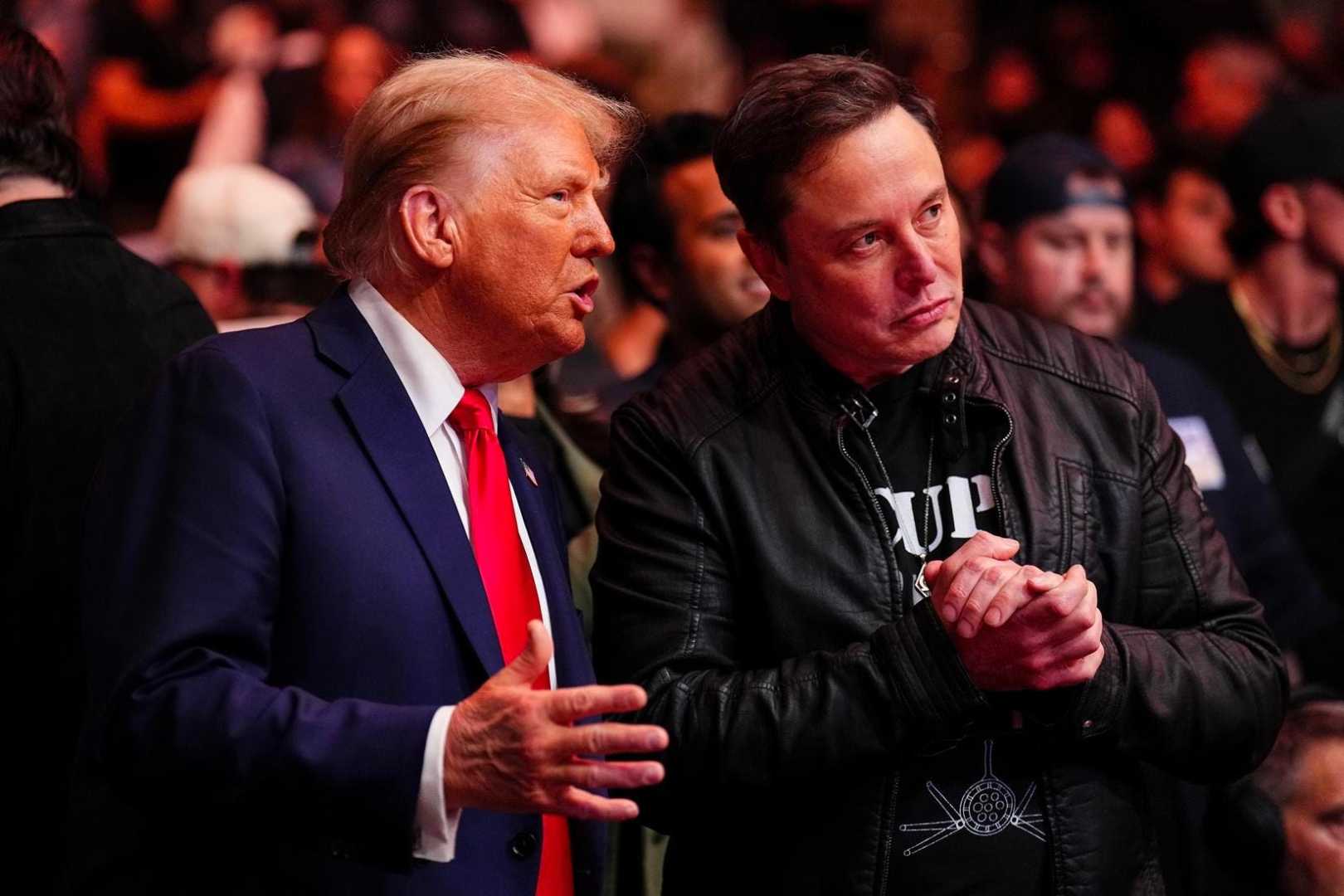Business
Musk and Trump Explore Bitcoin Reserve Amid Gold Supply Questions

WASHINGTON, D.C. — In a growing conversation surrounding U.S. monetary policy and reserves, Elon Musk and Donald Trump have ignited discussions about the feasibility of a national bitcoin reserve as questions arise over the integrity of Fort Knox‘s gold supply. The dialogue comes amid a surge in bitcoin’s price, which recently surpassed $100,000 per coin, coinciding with Trump’s return to power.
Senator Cynthia Lummis, a vocal supporter of bitcoin from Wyoming, responded to Musk’s comments about U.S. gold reserves, suggesting on X, formerly Twitter, that “a bitcoin reserve could be audited any time 24/7 with a basic computer.” This statement emphasizes the need for transparency in U.S. resources, pointing out that the current gold reserves, stated to be 4,580 tons, have not been independently verified in recent years.
“Surely it’s reviewed at least every year,” Musk replied, in reference to the auditing of U.S. gold reserves. The debate over the adequacy of this audit comes as gold prices soar, reaching $2,942.70 per troy ounce, sparking fears of an international trade war that could impact the global economy.
Supporting the idea of a bitcoin reserve, Lummis introduced The Bitcoin Act to Congress last year. This legislation proposed the accumulation of a strategic bitcoin reserve to help mitigate the national debt, which currently sits near $36 trillion.
“The recent decrease in volatility, coupled with the rising price of gold, should highlight bitcoinʼs growing appeal as an alternative store of value,” analysts from Bitfinex stated in a recent report. They argue that while short-term pressures may exist, the long-term value of bitcoin appears to be strengthening.
In parallel with these discussions, analysts from Bernstein project that Donald Trump’s proposed U.S. crypto task force would likely aim to establish a national bitcoin reserve. “This plan could initiate a global race among nations to adopt bitcoin as a reserve asset,” they interpreted this approach.
Last week, Abu Dhabi‘s sovereign wealth fund allocated $436 million into BlackRock’s spot bitcoin exchange-traded fund, further demonstrating institutional interest in bitcoin.
David Sacks, a key figure in Trump’s administration’s crypto strategy, expressed optimism about the establishment of a national bitcoin reserve. “That is one of the first things we’re going to look at as part of the internal working group in the administration,” he said at a recent press conference.
The potential for a U.S. bitcoin reserve also fuels the ongoing narrative around the country’s financial standing. Musk, having previously expressed concerns about the rising U.S. debt, called the escalating debt situation “terrifying” on social media recently, drawing attention to the urgency for reform.
As conversations about adopting cryptocurrency intensify, both Musk and Trump’s influence could push the U.S. toward innovative financial policies, especially amidst the backdrop of a fluctuating economy and rising inflation rates.












